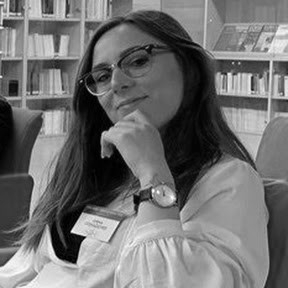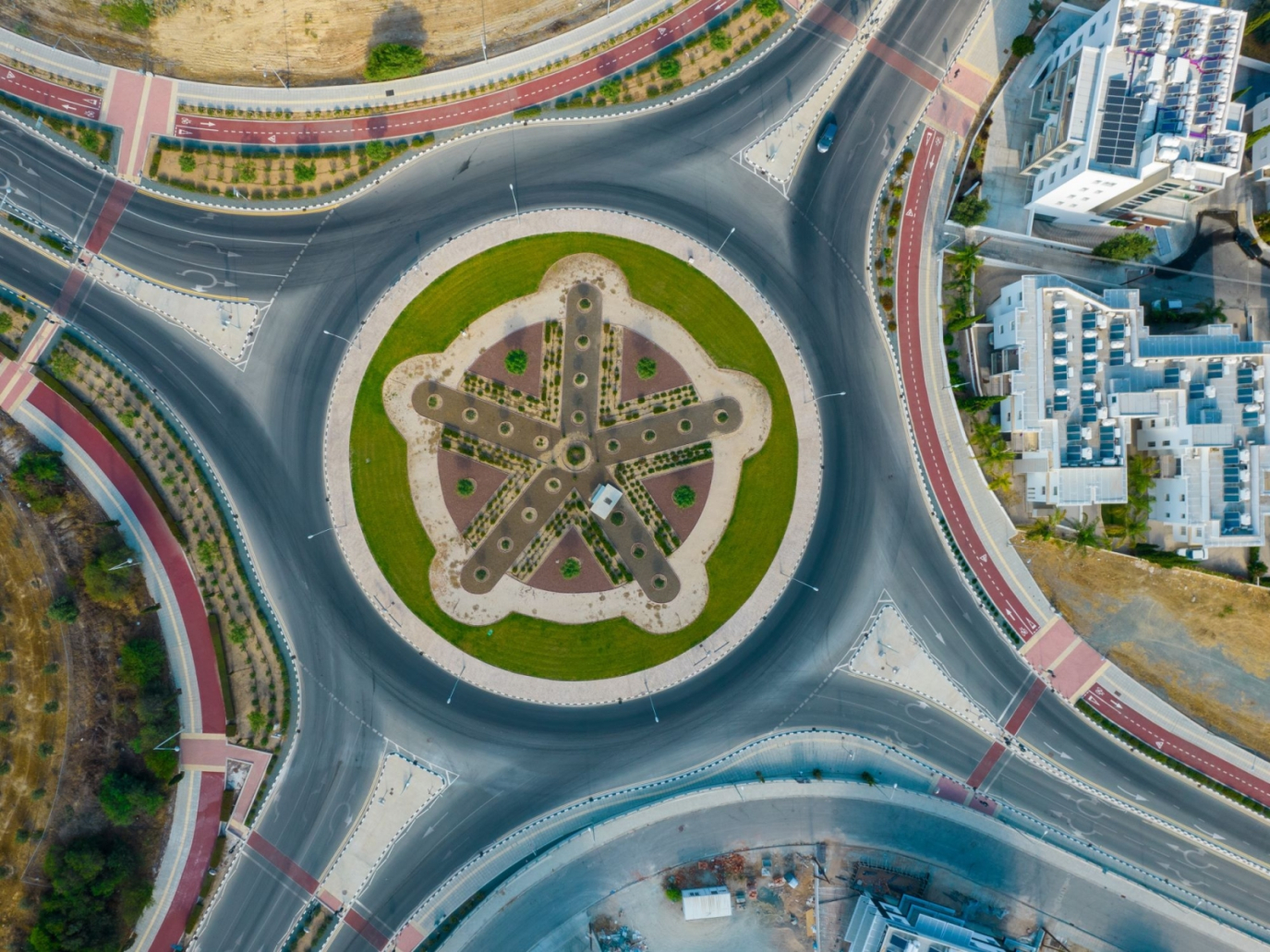The transition to a circular economy is not just a lofty environmental goal; it is a critical imperative for cities worldwide. Urban areas are the engines of global economic growth, responsible for over 80% of the world's GDP. However, they are also at the heart of the sustainability crisis, consuming 75% of natural resources, producing 50% of global waste, and generating more than 70% of greenhouse gas emissions. This unsustainable linear model of "take, make, dispose" is leading to resource depletion, environmental degradation, and economic inefficiencies.
The CircularPSP project, a pioneering initiative funded by the European Union's Horizon Europe programme, is set to facilitate a new approach in which municipalities across Europe transition towards a Circular Economy (CE). This ambitious project brings together eight leading cities and cities network: Berlin, Helsinki, London, Istanbul, Sandyford, Guimarães, the City Network Sweden, and the City Network Slovenia, representing 45 million citizens.
With a substantial investment of €5.64 million in Research and Development (R&D), CircularPSP aims to address the common challenges that cities face in implementing circular practices on a large scale, enhance municipal operations and the local economy's ability to adopt circular economy principles and practices.
Why a Pre-Commercial-Procurement?
At its core, the project leverages a Pre-Commercial Procurement (PCP) approach, which allows public sector bodies to engage jointly in the procurement of R&D services to create cutting-edge solutions not yet available in the market. In PCP, public procurers buy R&D from several competing suppliers in parallel to compare alternative solution approaches and identify the best value for money solutions that the market can deliver to address their needs. This method encourages innovation and ensures that the solutions developed are closely aligned with the specific needs of municipalities.
With a pre-commercial procurement, public procurers also share the benefits and risks related to the IPRs resulting from the research and development(R&D) with suppliers at market price. Suppliers retain Intellectual Property Rights (IPR) rights, while procurers keep some usage and licensing rights.
The project follows a multi-stage PCP procedure, starting with 0, Call for tender, 1, solution design followed by 2, prototype development, and culminating in 3, validation and testing phase. This staged approach allows for thorough testing and refinement of the solutions, ensuring they are robust and effective by the time they are fully deployed.
Welcome AI, your new public servant
In the quest to create smarter, waste-free cities in Europe, CircularPSP integrates advanced Artificial Intelligence (AI) technologies to drive the transition towards a circular economy. By leveraging AI, CircularPSP provides municipalities with powerful tools for data analytics and process automation. These tools help city officials and local businesses identify opportunities for resource optimization, waste reduction, and efficiency improvements. AI-driven insights facilitate informed decision-making, enabling cities to implement circular economy principles more effectively.
The solution designed by the suppliers will introduce smart workflows powered by AI which are tailored pieces of information that provide actionable guidance on implementing circular practices. By integrating these elements into municipal operations and business processes, AI helps streamline the transition to a circular economy, making it more seamless and scalable.
The CE solution will also deploy natural language processing (NLP) and machine learning to break down language barriers and enhance knowledge sharing across different regions. AI technologies analyse vast amounts of data, extracting valuable information and presenting it in accessible formats. This capability ensures that cities can learn from each other's experiences and best practices, fostering a collaborative approach to urban sustainability.
Cracking the Taxonomy Code
Adopting a unified circular language is crucial for ensuring a smooth and meaningful transition to a circular economy. A critical aspect of the CircularPSP project is also to contribute to the advancement of a comprehensive circular economy taxonomy, an objective that the European Union is pursuing in recent years. This taxonomy aims to standardise terminology, data sources, and protocols to ensure clarity and coherence in circular economy initiatives. By doing so, it addresses the organisational, informational, and operational barriers that hinder the transition to a CE.
This shared language ensures that everyone involved in the circular economy ecosystem interprets terms, goals, and strategies consistently. It eliminates ambiguity and misinterpretation, facilitating more accurate assessments of circular practices and promoting collaboration. Just like English between a Finnish and a Portuguese person, having a common language can avoid many headaches and fast-track the development of cohesive strategies and impede progress towards a circular economy.
Impact and Future Steps
So far, CircularPSP consortium has concluded the call for tenders and selected the five suppliers tasked with developing a digital solution to tackle the common challenge in cities’ circular transition. The anticipated outcome is a set of scalable, technology-neutral solutions that municipalities can adopt and adapt to their specific contexts.
The success of CircularPSP will be measured by its ability to accelerate the digital transition towards a circular economy, making CE practices more accessible and impactful for cities and businesses alike. As the project progresses, it will serve as a blueprint for other regions looking to embark on similar initiatives, ultimately contributing to a more sustainable and circular Europe.
Followers Network
That is why CircularPSP invites other cities, regions, government organisations, public procurers and projects to follow CircularPSP. Followers do not make any commitment and participation is free of charge. At the moment the project counts with over 40 followers. For more detailed information about CircularPSP and its ongoing activities, visit the project's official website.
This article is also available in Italian / Questo articolo è disponibile anche in italiano
Cover image: Unsplash



